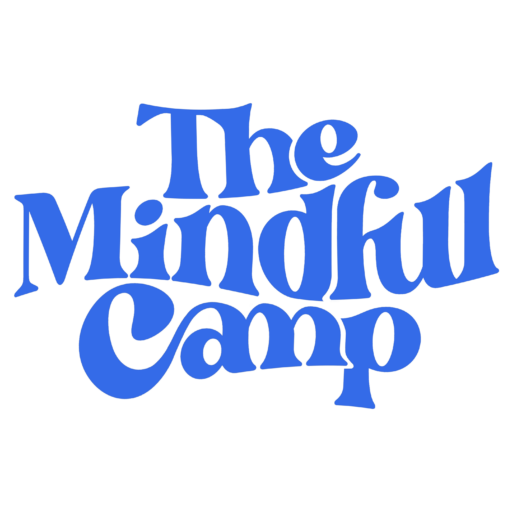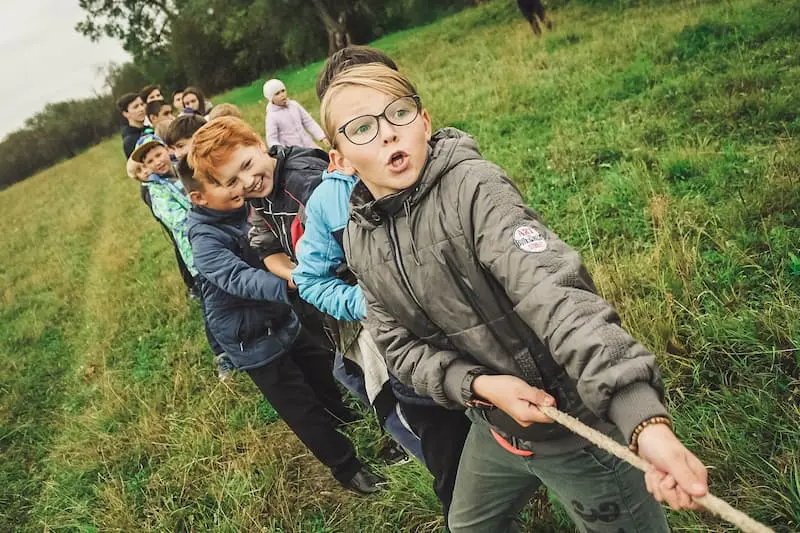Many parents may think that going to school is enough for kids to learn skills. Of course, much fundamental knowledge is shared in school, but learning is not contained within a classroom. Holiday Camps are excellent places for kids to develop valuable skills that will help them throughout their life. Away from academic pressure on the constant need of performing well, children get the chance to explore around more, pursue their interests, to have a bigger sense of freedom while experiencing new things. In this article, we will discuss 10 valuable skills that kids can develop at holiday camps.
Why are holiday camps important for children?
Holiday Camps provide kids with a safe environment for discovering new things. With the flexibility that offers both schedules for doing activities, they take interest in as well as spare time to enjoy with their peers, the children are encouraged to develop important skills that they will carry on to their adult life. In other words, summer camps provide a unique avenue and method of learning skills through hands-on participation that may not be easily attained in a classroom setting.
According to a study from the Journal of Youth Development by Dan Richmond, Jim Sibthorp, and Cait Wilson, research showed that, from alumni who attended at least 3 weeks of summer camp, the majority developed relevant life skills. All of them were highly attributable to their camp experiences and the outcomes of their camp years were also very important in their day-to-day routine.
What can kids learn at holiday camps?
There are tangible and intangible skills and knowledge that a child can learn at holiday camps. Even for specific or themed holiday camps (i.e., STEM, sports, swimming camps, etc.), the skills that can be learned at holiday camps transcend to all areas of the child’s life. Kids are perfectly capable of taking their camp experience and using it later on in other aspects of their life.
Many Holiday Camps involve competition as well as team working. A lot of kids compete in their favorite discipline, not always coming first, but understanding that winning is not everything, dealing with frustration in many other life situations that do not always come as expected. Team working per se becomes fundamental when they go through high school and college projects as well as jobs.
What kind of skills can kids gain from holiday camps?
The skills that children learn from summer camps are very diverse. As mentioned, each camp has a certain focus (i.e., mindfulness-focused, art-focused, outdoor-focused, etc.), yet any ability obtained in camp is mostly transferable to other contexts.
From the variety of skills that can be learned in camp, you can further classify them in terms of types of skills. Here is a list of them:
- Intellectual: camp faces kids with many activities they will enjoy. They need to abide by schedules, choose by themselves and make the most of their time. They spend time with diverse new people from different backgrounds, learning to live with diversity.
- Social: as said, mixing with new kids is an opportunity for shy or introverted children to feel more accepted and appreciated every time they make a new friend. They also learn that there are different types of friends outside of school or other extracurricular activities.
- Emotional: far away from home, the kids endure the task of being without their parents, relying on their new friends and the trustworthy superiors in charge, and learning the basics of empathy and true bonds.
- Physical: many camps are usually outdoor. They require regular exercise, with fun games and activities that involve eye-hand coordination as well as screen-free time and disconnection. Plus, some involve mild risks under supervision, allowing them to challenge themselves.
- Environmental: away from distractions, kids test their survival skills by forming a healthy relationship with nature, navigating without technology, and learning to read the world around them.
- Occupational: as they play in teams, bond with competitors, and follow mentors’ guidance, the kids are basically preparing for their future jobs while they enjoy themselves.
10 Valuable Skills Kids Develop at Holiday Camps
Let’s talk about 10 of the most valuable skills that are fostered in holiday camps that are crucial for your child’s future development.
1. Independence
We cannot stress anymore how important camp can be for kids to develop a sense of independence. During the period they stay in the camp, they move in safe areas freely (with people supervising at all times). They know where they can go and where they can’t, having the liberty that helps them become independent.
Plus, the camping space is usually big enough for them to feel familiar and to explore, the right balance to develop a responsible sense of freedom.
2. Perseverance
Camping activities usually involve a lot of trial and error. For instance, at robotic camps, building a robot is a complex activity that they usually achieve by the end of their stay. Yet, it takes time and tons of rework, building perseverance every time they need to review something or start over.
The other side of perseverance is frustration. The activity in holiday camp usually helps deal with frustration. Not only by letting your children know it’s ok to go wrong, but also to learn how to turn failure into success.
3. Responsibility
Whether it’s by engaging in exciting projects or by mentoring younger kids, children in Holiday camps get valuable lessons on responsibility. They are held accountable for what they do, not as a punishment but as a way to show them the importance of owning their actions.
As they grow old and become responsible for jobs and families, accountability is a valued asset. It combines a sense of purpose with the interest of giving your best performance in whatever you produce, feeling proud to call it yours.
4. Appreciation for differences
Another one we mention often because of its vital importance. Diversity is not a token, it’s a way to combine, contrast, and learn from different backgrounds and experiences. Your kid needs to know that not everyone lives the same life as his, and also they need to know that is ok. Mixing with children from different origins is a very organic way of learning this.
In contrast, despite the differences, children do not see many things that adults carry as prejudice. To find things in common with other boys/girls that they wouldn’t necessarily meet at their local school or town is beneficial for a child to learn how to appreciate differences.
5. Value of being present
No screens, no school assignments, no chores. Camps are devoted to a topic (sports, music, engineering, etc.), something your kid finds interesting. The fact that there are no distractions teaches your kid a valuable lesson about seizing the moment.
With attention decreasing for children all around the world, any chance they get to devote themselves to the moment is key for their development. Without a cell phone or anything that may disturb them, they will learn how to appreciate the here and now.
6. Empathy
Relating to point 4, as kids make relevant bonds with their peers, they learn to see how others see the world. When he/she feels down, their mates will help them cope, and they will also be there to help a friend out.
Plus, holiday camps try to exercise this in multiple activities. Sometimes, even in games and competitions, what seems like a friendly challenge is just an excuse for the organization to get the kids talking to each other, to reflect on their experiences, and get a broader sense of what they feel.
7. Assertiveness
This one is based on healthy self-esteem, self-awareness, and confidence. This comes from activities that show them the result of their work, like setting up a tent, building basic technology, or whatever the camp focuses on. When kids learn to trust their capacities, their behavior becomes more assertive, as they know what they are capable of.
Assertiveness is crucial for everything, from working through your final exams to asking for a raise at work. The sooner they develop this skill, the better.
8. Motivation
The best way to do something is with motivation. Choosing a holiday camp that stimulates your kid’s imagination or interest shows them that motivation goes a long way. Motivated kids show other crucial skills, such as initiative, or setting up goals.
Motivation is important to prevent potential depression. As with any serious medical condition, kids need to experience motivation as early as possible in their life to feel what it is like caring for the things you do.
9. Decisiveness
Not to be confused with assertiveness, being decisive entails trying to solve problems that come up. Of course, self-confidence is involved, but, in summer camps, many activities involve thinking outside the box while facing challenges.
Learning how to solve issues is very important for adult life. We are often tempted to freeze or try to avoid problems, but a decisive attitude boosts kids’ creativity to overcome any kind of situation.
10. Self-care
Aside from improving your self-esteem, camps are great places to have a healthy sense of danger, respect the world around you, and know how to take care of yourself. From nutrition habits to first-aid knowledge, children should learn how important it is to take care of themselves.
Holiday camps make a point of teaching survival skills. It’s not only the content but the idea itself. As children understand this, they can reflect on what’s best for them, preparing them for a blooming future.
Closing thought on valuable skills kids develop at Holiday Camps
Camping helps you develop your personal character, a great reason to encourage children to go to a camp. The skills acquired there are immeasurable and will benefit your kids in the long run. Moreover, you are not just giving your kid the chance to build character, he/she will come back with stories, memories, and friendships that they will remember for a lifetime and look back on fondly.


